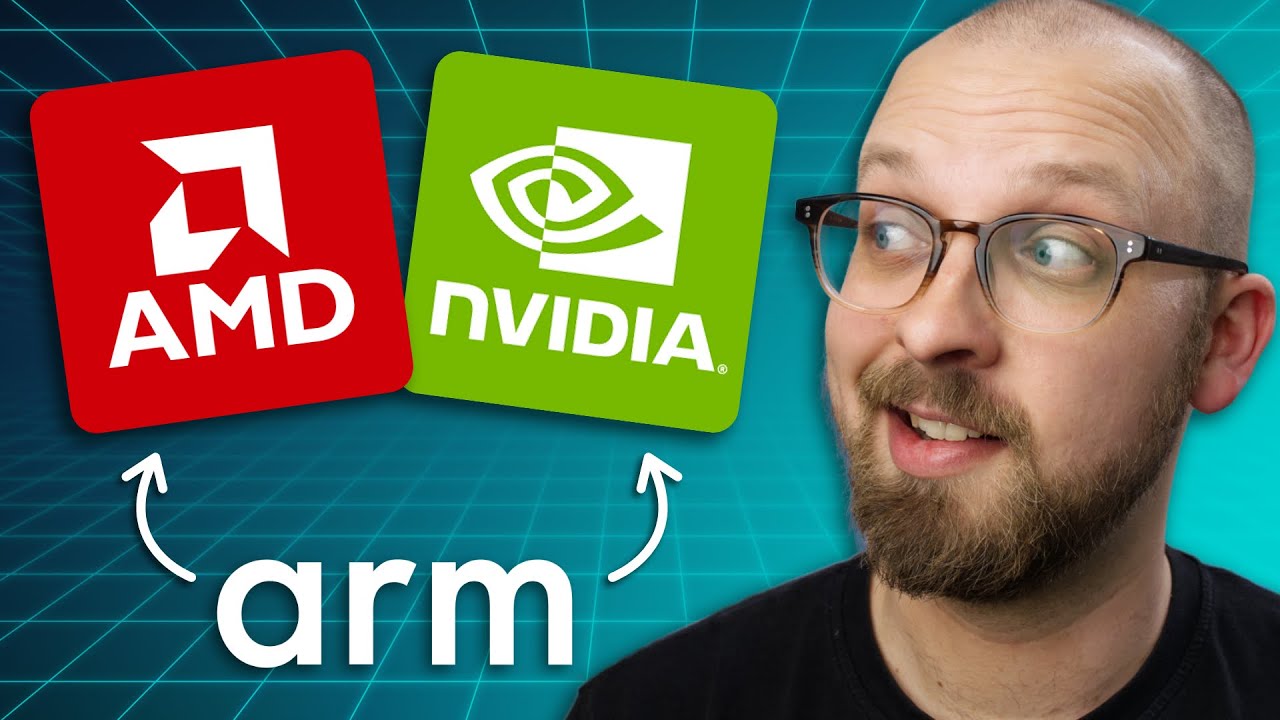This week, major tech companies like AMD, Nvidia, and Google announced new ARM-based chips and updates, signaling a shift towards ARM architecture in laptops, wearables, and augmented reality devices, despite some early performance issues. Additionally, there were notable product launches from Sony, Huawei, Samsung, and others, along with industry developments in autonomous vehicles, chip manufacturing, and tech industry politics.
This week, significant leaks and announcements highlighted the upcoming arrival of ARM-based chips for Windows laptops from AMD and Nvidia. Nvidia and MediaTek are expected to launch their new ARM chips, N1X and N1, at Computex in Taiwan, though early benchmarks have shown poor performance, likely due to driver optimization issues. AMD is also developing ARM-based APUs called Soundwave, which are expected to power Microsoft’s Surface devices next year, with a potential launch at CES 2026. These developments suggest a growing shift towards ARM architecture in Windows and Linux devices, with multiple options arriving within a year.
Google introduced major updates for Android 16, including a redesign called Material Expressive that enhances UI responsiveness, animations, and customization options. The new design emphasizes more dynamic colors, improved typography, and a more fluid overall aesthetic, backed by extensive research indicating a strong preference among younger users. Alongside visual improvements, Google announced new security features such as scam call warnings, device unlocking prompts for 2FA codes, and expanded FindMy Device capabilities with satellite tracking and partnerships, making Android 16 a notable upgrade in both design and security.
At Google I/O, Google also teased a new pair of Pixel glasses, showcasing Android XR features like waveguide displays, cameras, microphones, and speakers. These glasses can perform tasks such as summarizing books, translating languages, and locating objects using cameras. Although similar to Humane’s AI pin, Google’s glasses are expected to launch next week at Google I/O, signaling a push into augmented reality and wearable tech. Meanwhile, Sony announced the Xperia 1 Mark 7 with upgraded specs, including a new Snapdragon processor and longer update commitments, and the WH1000X Mark 6 headphones with improved noise cancellation and foldability.
Other notable product launches included Panasonic’s Lumix S1 Mark II, praised as a near-perfect hybrid camera, and Huawei’s new wearables and tablets, such as the Watch 5 with enhanced health sensors and the Buds 6 with high transfer rates. Samsung’s Galaxy S25 Edge, however, disappointed with its modest battery capacity despite premium design. The week also featured Huawei’s efforts to expand its health tech and audio capabilities, alongside industry updates like Xiaomi’s attempt to develop a flagship ARM SOC with TSMC’s 3nm process and Samsung’s ultra-bright micro OLED displays for future headsets.
The broader tech landscape saw some political and corporate drama, including Trump’s remarks against Apple manufacturing in India and claims of increased US production. Xiaomi announced a new ARM chip potentially replacing Qualcomm in upcoming phones, while Chinese robo-taxi firm BYD may test its autonomous taxis in Europe. Uber introduced a new bus-like service that offers cheaper, route-based rides with shared passengers, and Apple launched CarPlay Ultra in Aston Martin vehicles. The week’s miscellaneous updates also included HBO Max’s rebranding and a humorous meme about product renaming trends, alongside a focus on innovative tech products and industry shifts shaping the near future.
